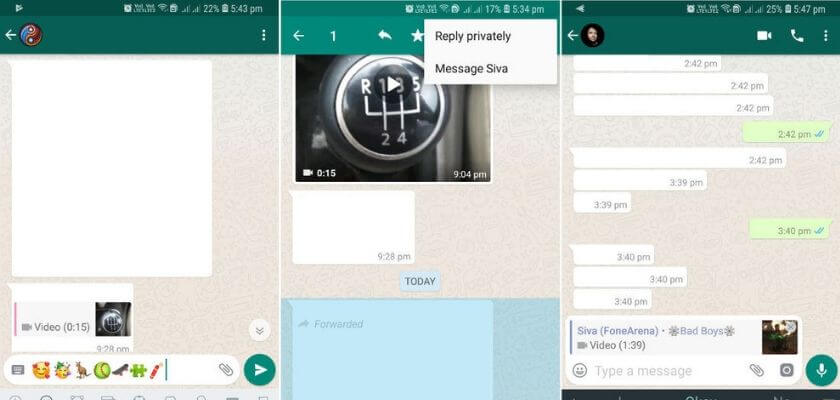Despite its end to end encryption, WhatsApp, the instant messaging platform, leaks out confidential information.
This is what Bertrand Le Roy, a Microsoft developer, discovered by accident by sharing a video on the app.
Le Roy was speaking about laptops with a friend on WhatsApp. They were happily commenting on the quality of the new laptops that they bought.
After the conversation, Le Roy went on to take a look at YouTube. Oddly, the platform showed him an advertisement for a laptop with the same brand that he was speaking about with his friend. It’s hard to understand why a company such as WhatsApp – Facebook would share data with its competitor.
What happened is that Le Roy’s friend sent him a link to a YouTube’s search he did on laptop computer’s reviews. Le Roy did not click on the link; the only interaction had been receiving it. However, somehow WhatsApp interacted with YouTube to generate the thumbnail and the ad associated with the link.
To generate a thumbnail, WhatsApp has to send a request to YouTube. YouTube then associates the request to the specific ID of the user, tagging him/her as a possible buyer for the laptop computer. This information apparently leaks to third parties – sometimes even competitors – regardless of the data encryption.
It seems that companies are not respecting the anonymity of the messages, associating data with user’s ID and sharing information between them regardless of regulations.
The message echoed so much that even Telegram official account replied to questions about its data handling policies, and if it also uses these types of techniques.
Telegram replied that thumbnails previews are generated in its server rather than on the user’s device. Thanks to this, the owner of the generated thumbnail/ad sees the visit as a request by Telegram rather than a user.
Furthermore, in private chats when users send their first link, they are asked if they’d like thumbnails previews to be created. In case the user opts out, this option is always available in the application’s settings.













